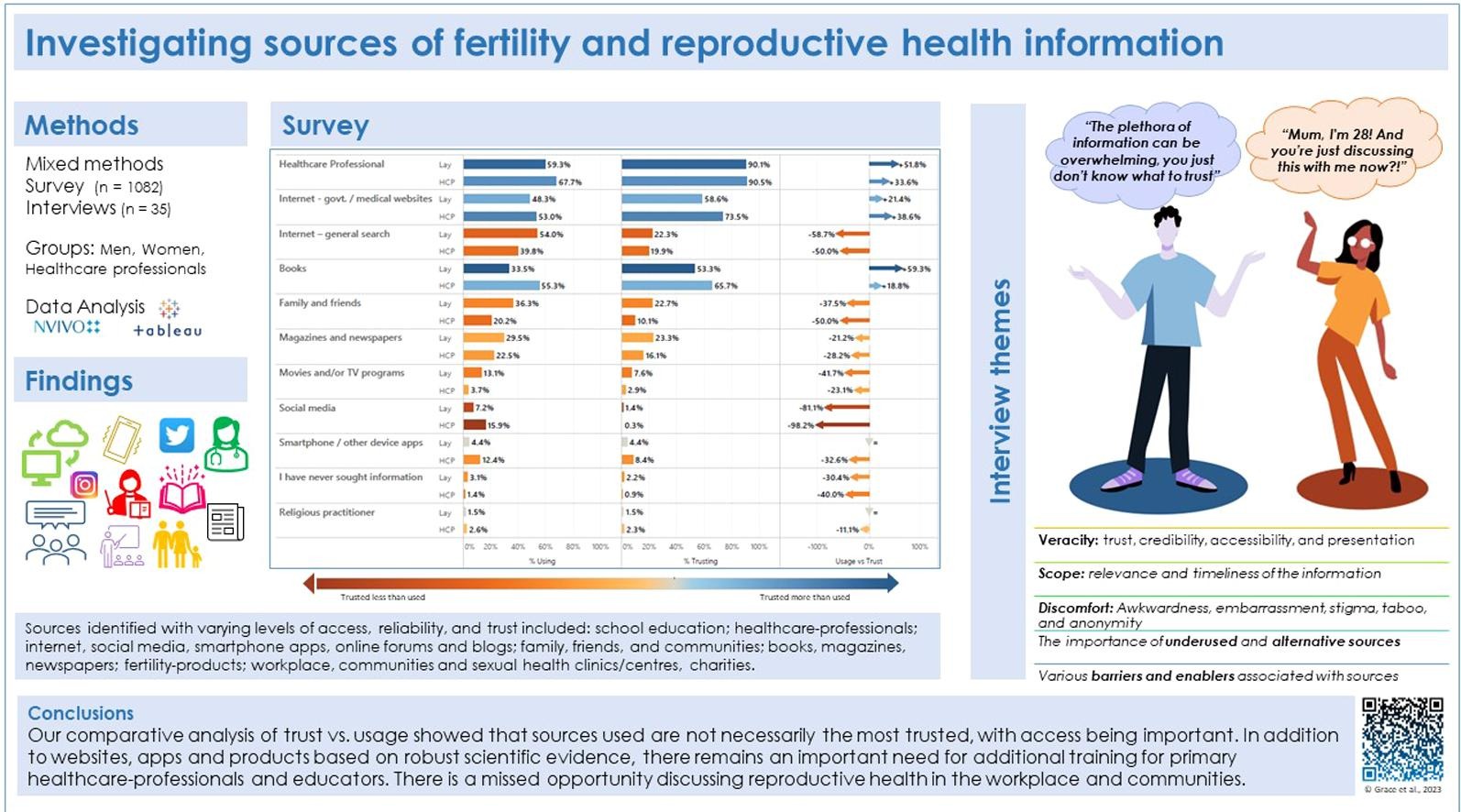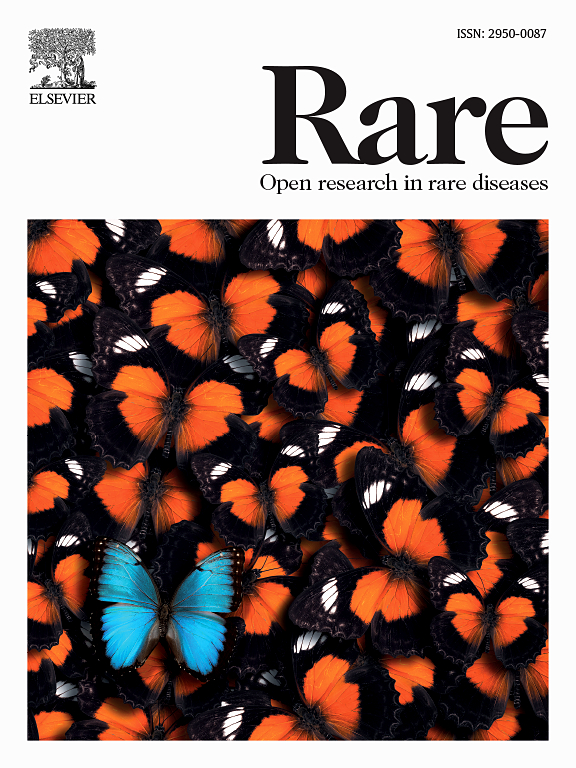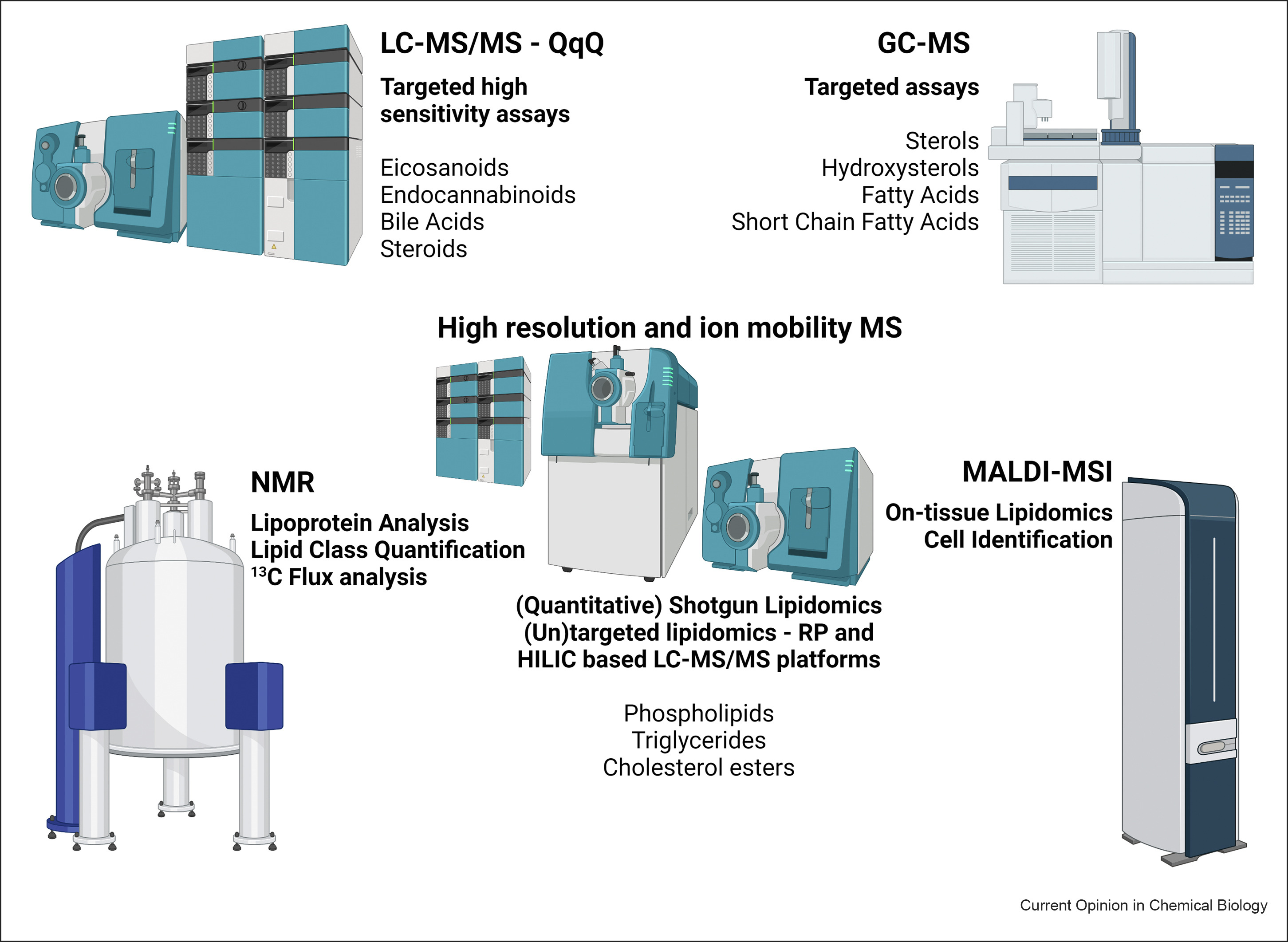Elsevier,
Heart Lung and Circulation, Volume 32, February 2023
According to this review, life expectancy is reduced for Aboriginal and Torres Strait Islanders in comparison to other residents of Australia. This paper calls for indigenous researchers to be involved in implementing relevant health design with local communities in order to bridge the gap.
Elsevier,
Sexual & Reproductive Healthcare, Volume 36, June 2023, 100826
Sources used when seeking reproductive health information in the UK are not necessarily the most trusted, with accessibility being an important factor. Ensuring better fertility and reproductive health information during school education may offset the impact of unreliable sources.
Elsevier,
Rare, Available online 23 February 2023, In Press, Journal Pre-proof
On Rare Disease day, Elsevier has launched a new scientific journal called Rare. Open research in rare diseases. Elsevier dedicates a peer-reviewed publication specifically to these lesser known or unknown disorders, with the aim of having a clinical impact on the lives of patients and their families.
Elsevier,
THE LANCET Public Helath, Volume 8, Issue 3, March 2023, Pages e194-e202
This Article supports SDG 3 by assessing whether access to free health prenatal health care affects adverse outcomes in newborns in Switzerland. The findings suggest that the health-care policy impacted some, but not all, outcomes.
Elsevier, Current Opinion in Chemical Biology, Volume 72, February 2023
Despite being a relatively new addition to the Omics' landscape, lipidomics is increasingly being recognized as an important tool for the identification of druggable targets and biochemical markers. In this review we present recent advances of lipid analysis in drug discovery and development. We cover current state of the art technologies which are constantly evolving to meet demands in terms of sensitivity and selectivity. A careful selection of important examples is then provided, illustrating the versatility of lipidomics analysis in the drug discovery and development process.
Elsevier,
Journal of Parallel and Distributed Computing, Volume 172, February 2023
The Internet of Things (IoT) has revolutionized the traditional healthcare systems into intelligent system by allowing remote access and continuous monitoring of patient data. Specifically, first a novel scalable blockchain architecture is proposed to ensure data integrity and secure data transmission by leveraging Zero Knowledge Proof (ZKP) mechanism. Then, BDSDT integrates with the off-chain storage InterPlanetary File System (IPFS) to address difficulties with data storage costs and with an Ethereum smart contract to address data security issues.





